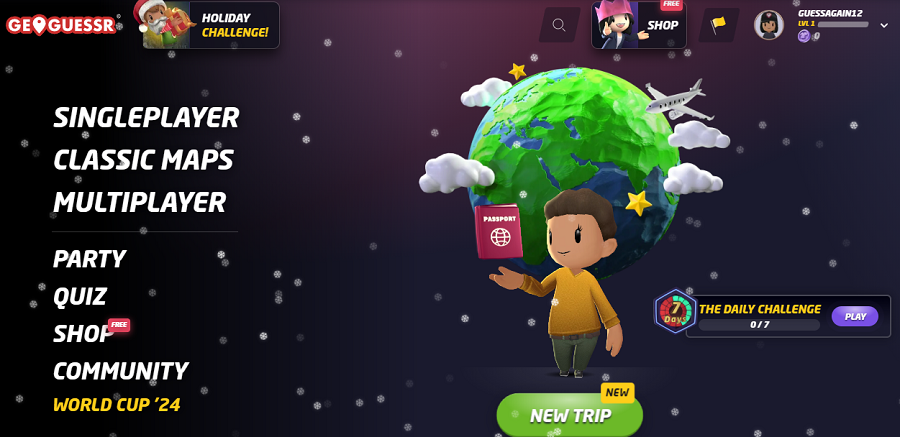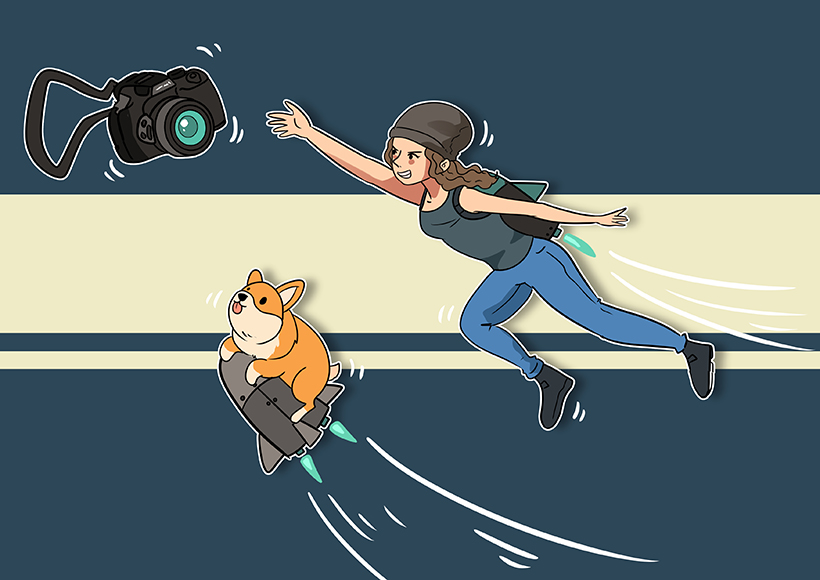
A new AI developed by researchers at Stanford and named Predicting Image Geolocations, or “PIGEON” for short, can geolocate nearly any photo in seconds.
While it’s easy to ask why this is such an important ability, if you consider for a moment, it has all kinds of uses.
For one thing, some photos need to be geolocated for institutional or legal purposes and doing it rapidly at scale can be extremely useful.
More particularly, many photographers can’t quite remember where they took a certain photo, and an accurate AI tool for the job could really be useful in the right context.
PIGEON’s creators claim that it has abilities that could be right on the ball for both of the above scenarios and many others.
The AI tool was trained with data from a game called Geoguessr. In this, random photos of pretty nondescript places are taken from Google Street View’s immense collection so that the game’s more than 50 million human players can try to identify their specific locations.


The students who created PIGEON put their AI through plenty of testing by using over 500,000 images from Street View’s image database.
They then later had PIGEON go up against Trevor Rainbolt, one of the best Geoguessr players in the world.
Rainbolt, who has garnered a fair measure of internet fame for his rapid-fire geoguessing abilities, has already been put to the test against two other geolocating AIs, but beat them.
This didn’t happen against PIGEON. Instead, the AI soundly beat Rainbolt, as he himself playfully admitted after going against the program in a video he posted to his YouTube channel.
As one of the students behind PIGEON, Silas Alberti, mentions, “We weren’t the first AI that played against Rainbolt, we’re just the first AI that won against Rainbolt.”
According to Alberti, and his colleagues Lukas Haas and Michal Skreta, PIGEON would be in the top 0.01% of Geoguessr players in the world if it were human.
More specifically, part of the reason for its remarkably precise geolocating abilities lies in the AI’s ability to rapidly examine factors that many humans simply don’t consider or can’t.
These include details like soil composition in a photo, the nature of foliage and even weather patterns, all examined from still images by the way.
Using these and many other clues, PIGEON can guess which country a photo was taken in about 95% of the time and to within just 25 miles of the photo’s exact location.
Alberti also implies that PIEGEON could be dramatically improved over its already impressive abilities.
The 500K images used to train it are only a minuscule fraction of the number that could be found for a much deeper training set. “That’s actually not that much data, [and] we were able to get quite spectacular performance,” according to the AI’s co-creator.
Considering that Google Street View alone contains over 220 billion images in total, the possible room for improvement is enormous.


According to its developers, the AI could be used for survey work and identifying the locations of power line collapses.
One could think of several other crucial uses for something like PIGEON, and among them would be people tracking-related work by law enforcement, governments in general and of course, corporations.
This of course brings up a whole other can of worms with this and similar AIs as they get refined: massive privacy problems.
Technologies as accurate as PIGEON in the hands of governments, major corporations and other organizations could become a privacy nightmare.
These organizations, given access to the enormous troves of people’s personal outdoor photos from social networks and other sites could rapidly and finely track their targets’ movements
This could be done with remarkable precision across dozens of locations from even the most blandly nondescript photos taken by individuals and posted online.
Corporations hungry to stalk you via personal data for advertising purposes, or governments operating for all kinds of good or bad reasons could both use an AI like PIGEON in breathtaking new ways.
Many of these uses should be seriously considered for their ramifications.
One analyst for the American Civil Liberties Union described these same worries to NPR recently.
As he succinctly and accurately sums it up, “From a privacy point of view, your location can be a very sensitive set of information,”
Like many other AI tools that are reshaping the photographic world today, PIGEON and its descendants have the potential to do the same.
However, one major subset of their potential use cases could take them in a direction that goes way beyond the more typical concerns about AI-generated photo deepfakes.
Highly Recommended


Check out these 8 essential tools to help you succeed as a professional photographer.
Includes limited-time discounts.






